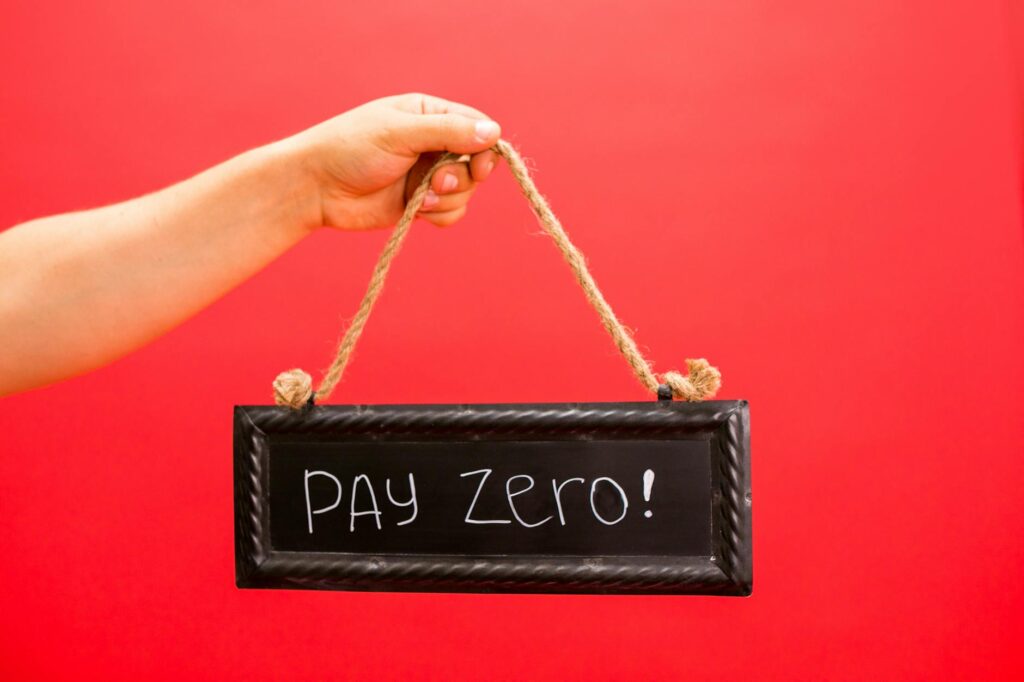Taking control of your finances can feel daunting, but it doesn’t have to be! One powerful tool is the zero-based budget. Unlike traditional budgeting methods, a zero-based budget ensures every dollar you earn is assigned a specific purpose. This means no more mystery where your money goes – you’ll know exactly where each dollar is allocated. This post will guide you through creating your own zero-based budget.
Understanding the Zero-Based Budget
The core concept is simple: you start with zero. Every dollar you earn is categorized and assigned to a specific expense. This means all your income minus all your expenses equals zero. It’s a proactive approach to budgeting, forcing you to prioritize your spending and ensuring you don’t overspend. Learning to prioritize is key to this process. 
Tracking Your Income and Expenses
Before you start allocating funds, you need to know exactly how much money is coming in and going out. This involves carefully tracking your income from all sources, including your salary, side hustles, and any other regular income streams. Simultaneously, meticulously track all your expenses. Using budgeting apps like Mint or Personal Capital can significantly simplify this process. For a manual method, consider using a spreadsheet or a notebook. Be honest and thorough – even small expenses matter. 
Categorizing Your Expenses
Once you have a clear picture of your income and expenses, categorize them. Common categories include housing, transportation, food, utilities, entertainment, debt payments, and savings. You can add or modify categories as per your individual needs. Grouping similar expenses helps you understand your spending habits better. This step is crucial for effective budget allocation. Understanding your spending habits helps you make informed financial decisions.
Allocating Your Funds
Now comes the fun part – allocating your funds! Start by assigning your income to essential expenses like rent or mortgage, utilities, and groceries. Then, allocate funds for your non-essential expenses such as entertainment and dining out. Remember, every dollar should be accounted for, leaving you with a zero balance. This requires discipline and conscious choices. Don’t forget to allocate money towards savings and debt repayment! Building an emergency fund is crucial, and you should consider using a high-yield savings account. [IMAGE_3_HERE]
Regularly Reviewing and Adjusting
A zero-based budget is not a set-it-and-forget-it system. Regularly review and adjust your budget based on your changing needs and circumstances. Life throws curveballs; unexpected expenses occur. Don’t be afraid to make changes as necessary. The key is to remain flexible and adaptable to life’s financial fluctuations. Consider reviewing your budget monthly or quarterly to maintain control and ensure alignment with your goals. Setting financial goals will make this process more effective.
Conclusion
Creating a zero-based budget can seem complex initially, but the long-term benefits far outweigh the initial effort. It provides clarity, control, and a path to achieving your financial goals. By actively participating in your financial planning and making conscious spending choices, you are paving the way for a more secure and stable financial future. [IMAGE_4_HERE]
Frequently Asked Questions
What if my expenses exceed my income? This indicates you need to adjust your spending habits or find ways to increase your income. Consider cutting non-essential expenses, exploring additional income streams, or seeking advice from a financial advisor.
How often should I review my zero-based budget? It’s recommended to review your budget at least monthly, if not more frequently. This helps you stay on track and adapt to any changes in your financial situation.
Is a zero-based budget suitable for everyone? While a zero-based budget is a highly effective budgeting method, its suitability depends on your financial situation and lifestyle. Individuals who struggle with impulsive spending or lack financial clarity may find this particularly useful. However, it may require more time and effort to maintain compared to other budgeting methods.
What software or tools are helpful for zero-based budgeting? Various apps and software can assist in zero-based budgeting, such as spreadsheets, budgeting apps (like Mint or YNAB), and personal finance management software. Choosing the right tool depends on your personal preferences and tech skills.
Can I use a zero-based budget if I am self-employed? Yes, zero-based budgeting is suitable for self-employed individuals. The process remains the same, but you’ll need to carefully track your irregular income and expenses, perhaps by projecting income and expenses based on previous months or quarters.



